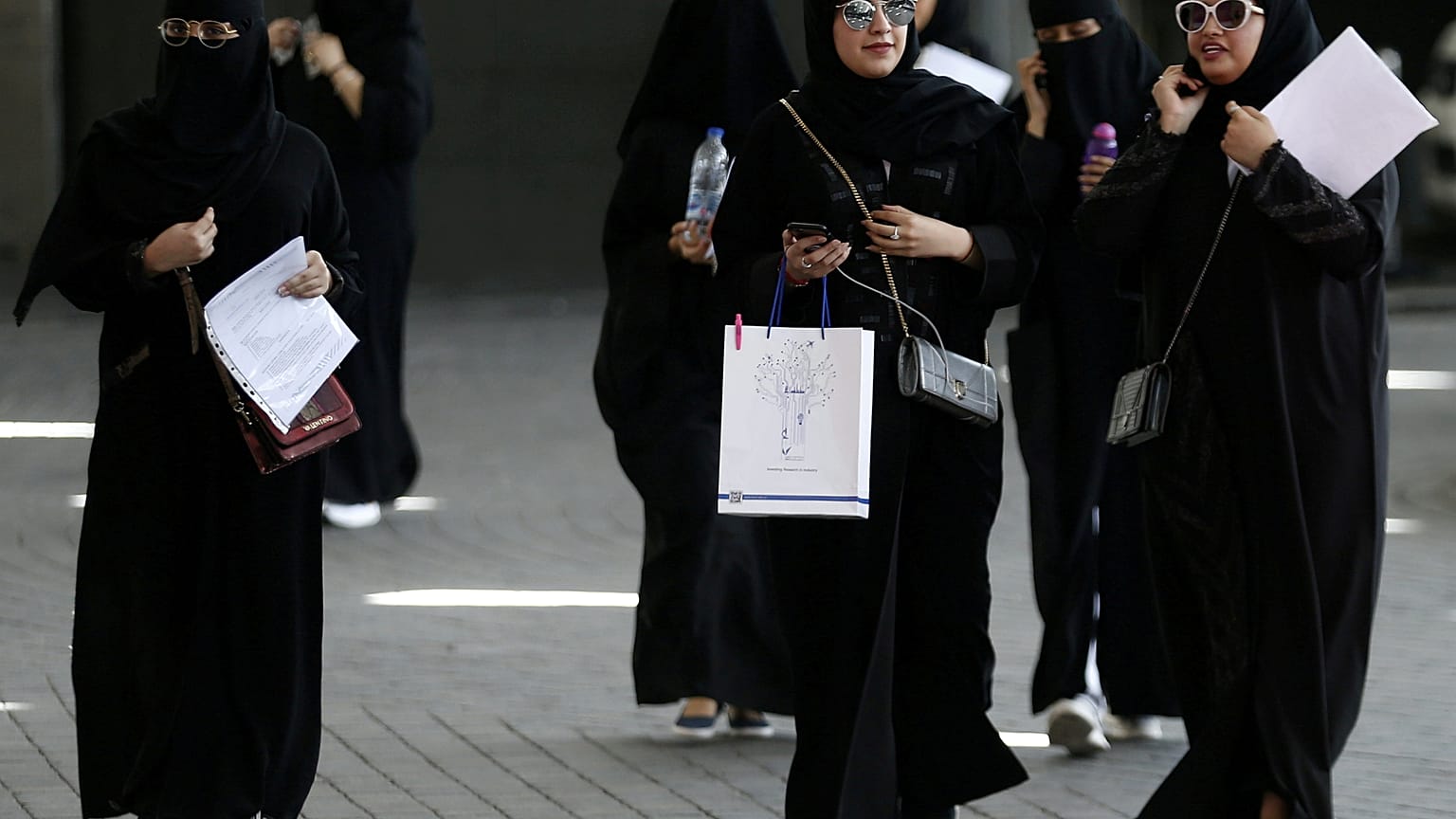A series of new decrees passed on Friday stipulate that Saudi women will now be able to travel without the permission of men and will be given more control over family matters.
Adult women in Saudi Arabia will now be able to travel without permission from their male guardian and will be granted more control over family matters.
A series of royal decrees published in the official gazette on Friday said passports should be issued to any citizen who applies for it and that any person over the age of 21 does not need permission to travel.
The amended regulations also grant women for the first time the right to register childbirth, marriage, or divorce and to be issued official family documents. They will also be eligible to be guardians to children.
The decree also covered employment regulations that would expand work opportunities for women, who represent a large portion of unemployed Saudis. The new rules are that all citizens have the right to work without facing any discrimination based on gender, disability, and age.
Crown Prince Mohammed bin Salman ambitious economy plan envisages increasing women's participation in the workforce to 30% from 22%.
Saudi women took to Twitter to celebrate the changes, which many described as the start of a new era.
Muna AbuSulayman, a prominent Saudi influencer and a former talk show host, said the changes "signal full equality in the eye of the law" and "what modern Sharia is capable of".
Riyadh has long been criticised of their treatment of women, who rights groups say are often treated as second-class citizens because of rules that require them to get the consent of a male guardian for important life decisions regardless of age.
The kingdom's de facto ruler Prince Mohammed is in favour of ending many of the social restrictions for women, he lifted a driving ban last year, as part of a push to open up the conservative kingdom and transform its economy.
However, ending the guardianship system remains a complicated issue for Prince Mohammed who has stopped short of endorsing its full annulment.
Other parts of the system remain intact such as women needing permission from their male guardian to marry or live on their own.
The kingdom is also still widely criticised for its treatment of women after the arrest and alleged torture of nearly a dozen women activists.
Saudi Arabia ranked 141 of 149 countries in the 2018 Global Gender Gap, a World Economic Forum study on how women fare in economic and political participation, health and education.















